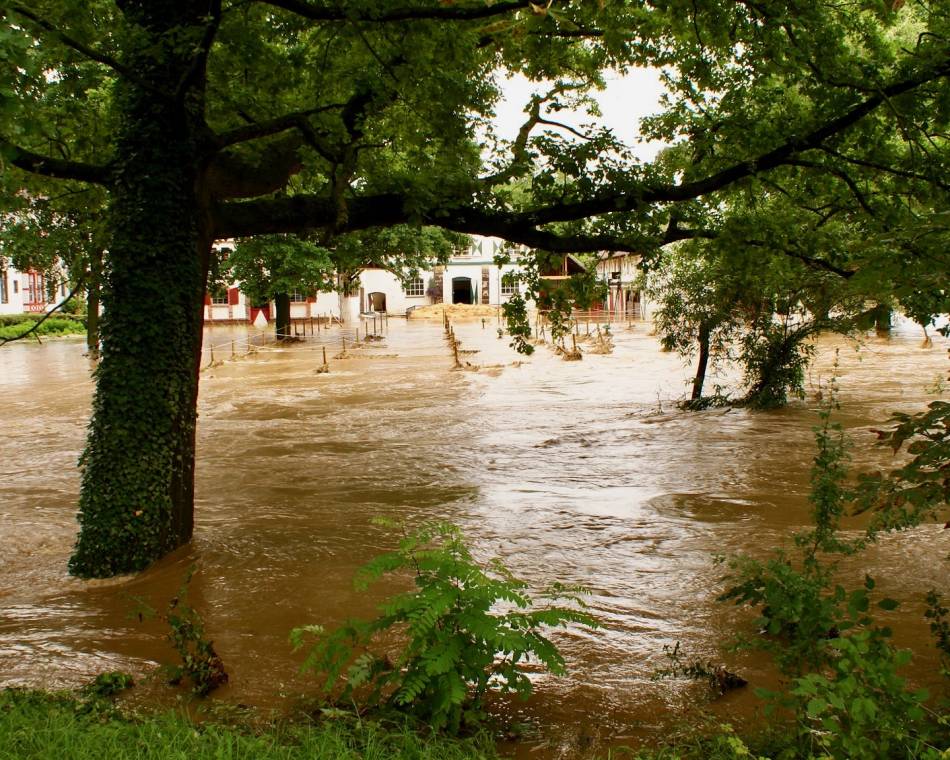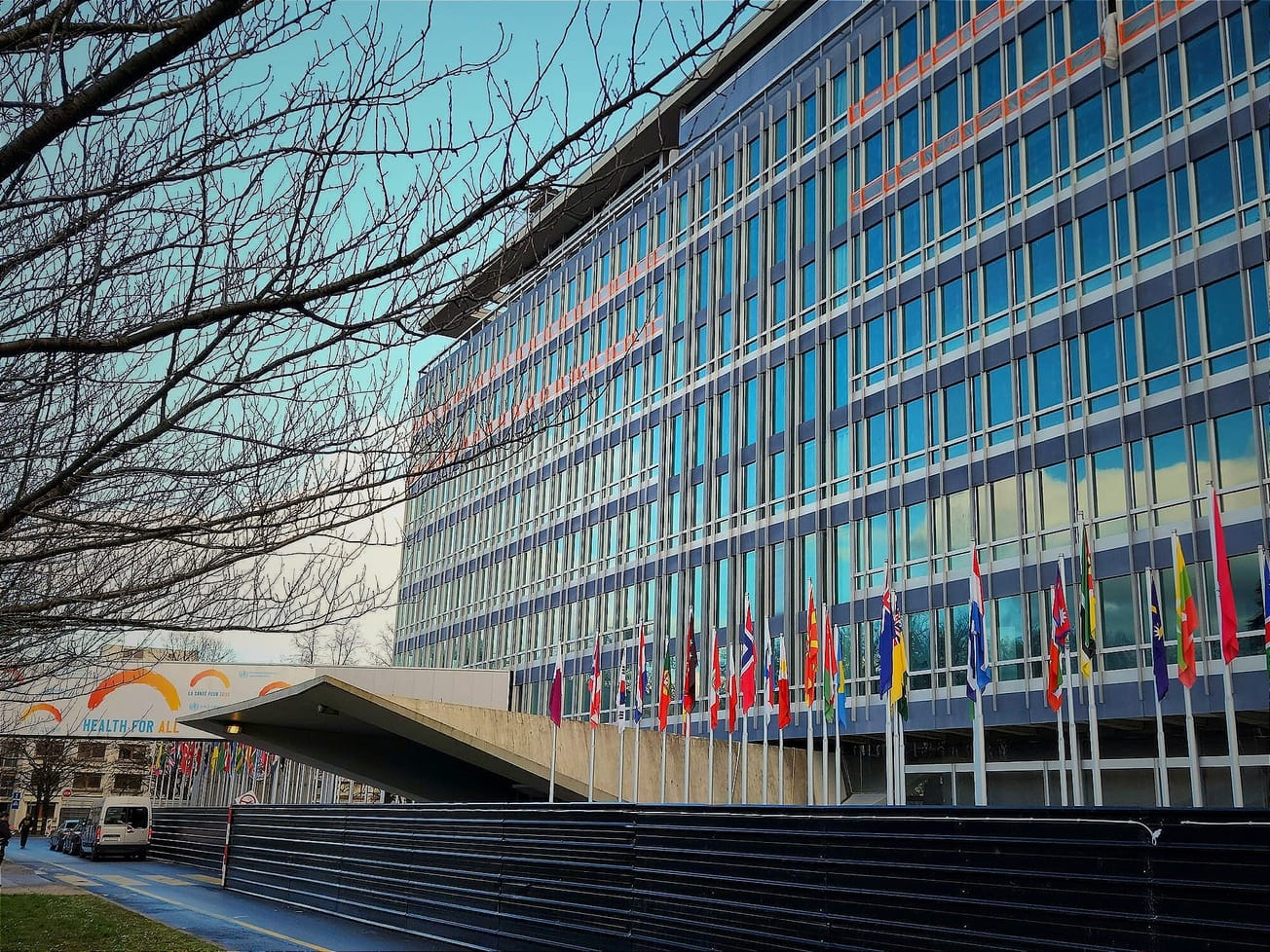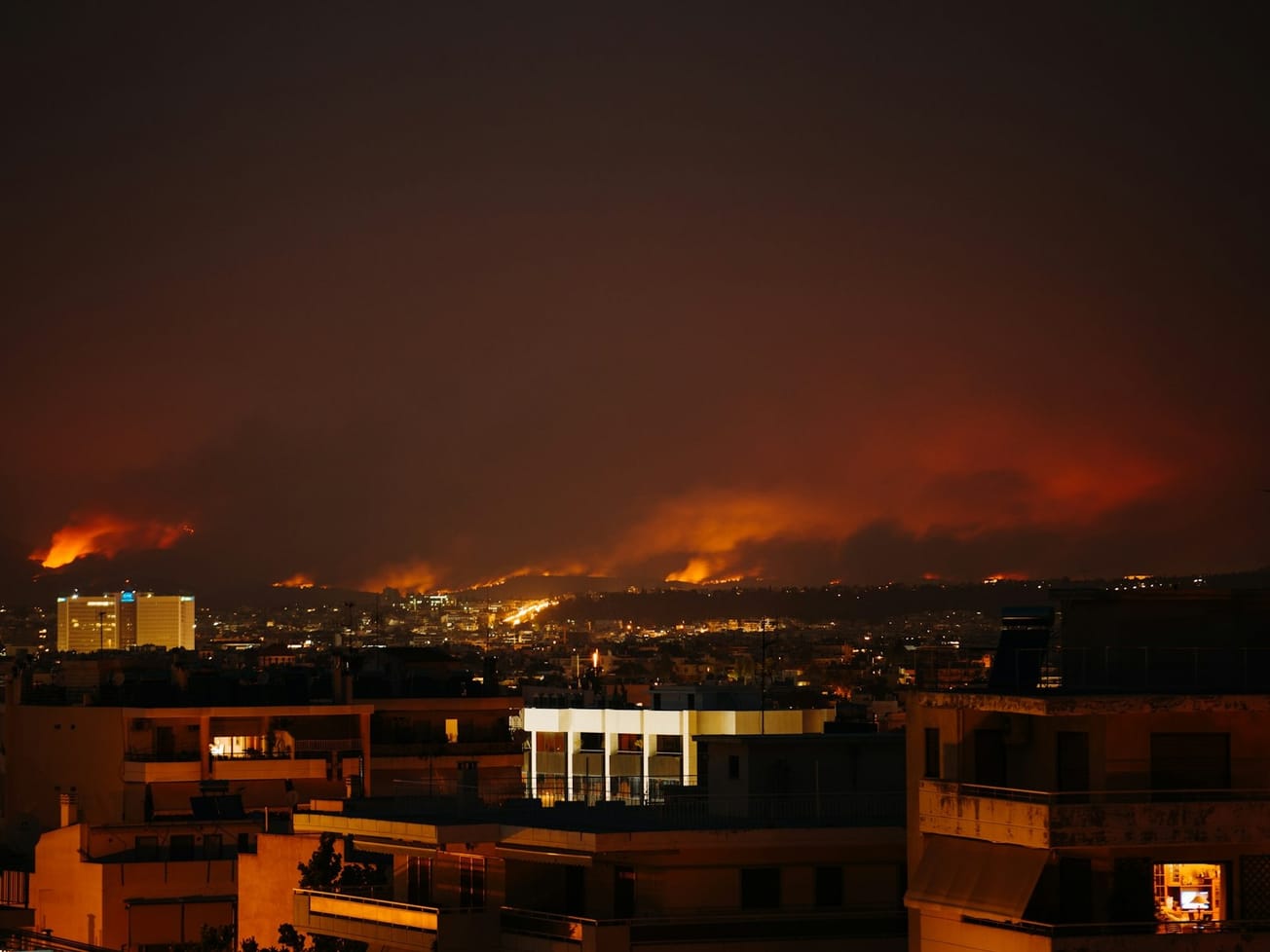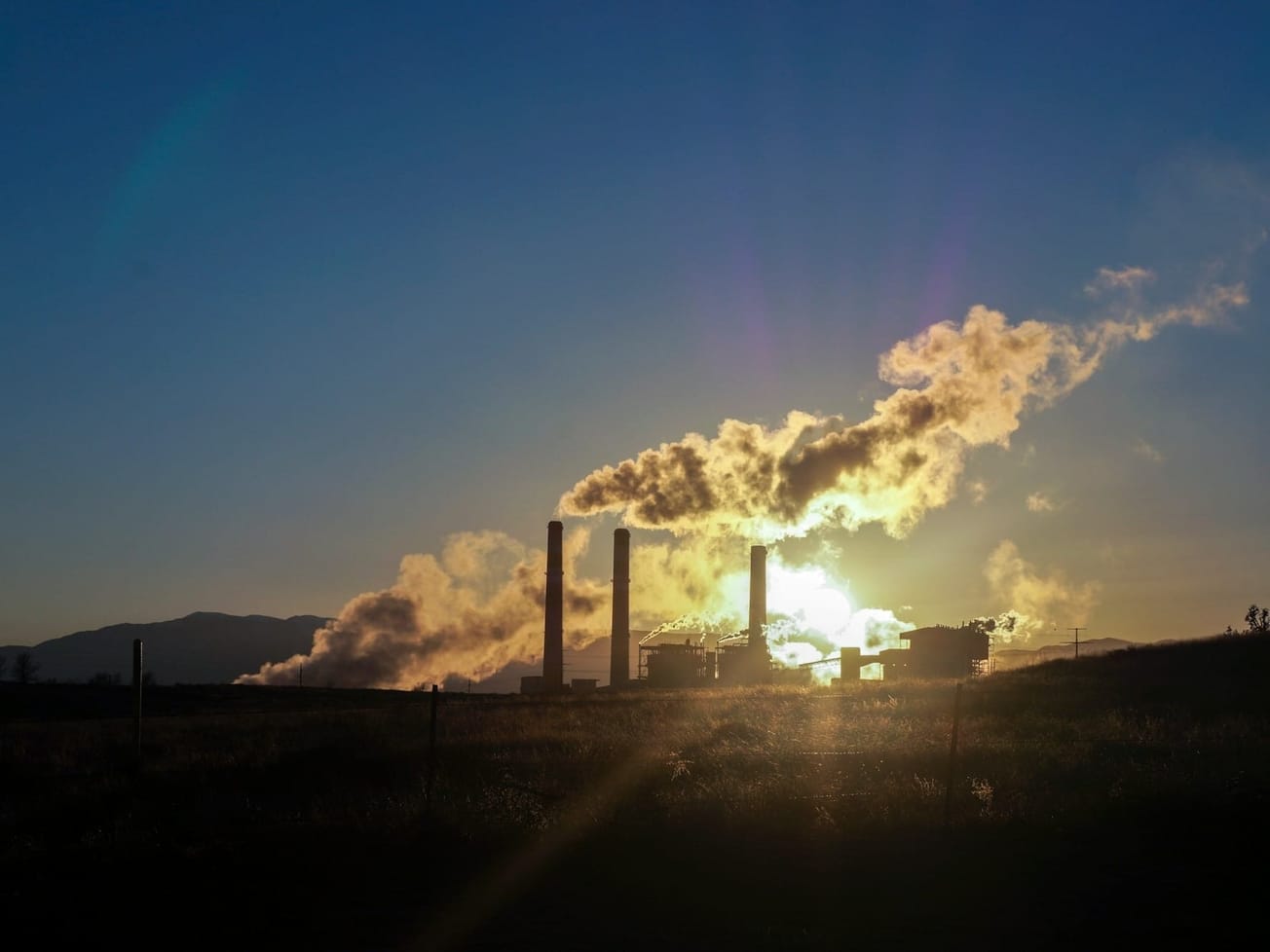GENEVA (AN) — Amid devastating floods in Western Europe, the U.N. weather agency and other experts emphasized the rising frequency of extreme weather due to the climate crisis while calling for more study into unusual weather patterns tied to Arctic warming and heat buildup in the oceans.
Torrential rainfall unleashed catastrophic flooding this month across swaths of Western Europe that has killed more than 100 people, left 1,300 people unaccounted for and caused widespread destruction to towns, including landslides, collapsed homes and lack of electricity and other basic services.
The climate-linked disasters extend to huge wildfires triggered by unprecedented heat in Western North America, along with a heatwave in parts of Scandinavia and smoke plumes from Siberia that are affecting air quality in Alaska.
Climate scientists stop short of definitively blaming climate change for the flooding, but the Geneva-based World Meteorological Organization said this "summer of extremes" involves an undeniable connection between extreme weather and global warming.
That is evidenced by record-high temperatures and drought conditions fueling the escalation of wildfires, in part due to an unusual "heat dome." WMO also underscored the emerging connections with sea ice loss and warming oceans, as the jet stream changes with the temperature differences.
Omar Baddour, head of WMO's climate monitoring and policy division, said that while "rapid attribution studies have shown the clear link between human-induced climate change for the unprecedented heatwave episodes recorded in the Western United States and Canada, weather patterns over the whole northern Hemisphere have shown an unusual planetary wavy patterns in this summer."
"This has brought unprecedented heat, droughts, cold and wet conditions in various places," Baddour said on Friday. "The connection of this large-scale disturbance of summer season with the warming of Arctic and the heat accumulation in the ocean needs to be investigated."
As much as two months' worth of typical rainfall fell in just two days this past week in some parts of Western Europe, where soils were already near saturation, WMO reported.
The top 1 meter of soil was completely saturated or well above field capacity, it noted, after heavy rains fell in Belgium, Germany, Luxembourg, the Netherlands and Switzerland. Belgium and Germany appeared to be the worst hit by flooding.
"It is a catastrophe. There are dead, missing and many are still in danger," said Malu Dreyer, governor of the German state of Rhineland-Palatina, one of the worst-affected areas.
United Nations Secretary-General António Guterres was "saddened by the loss of life and destruction of property due to the heavy rains and flooding across Central Europe, most notably in Germany, the Netherlands and Belgium," and offered his condolences to those affected, his spokesperson Stéphane Dujarric said. "The United Nations stands ready to contribute to ongoing rescue and assistance efforts if necessary."
Before and after
— World Meteorological Organization (@WMO) July 16, 2021
Aerial views of #Altenahr in Germany's Rhineland-Palatinate state
From @WxNB_#Flooding #Hochwasser #Germany
REPOSTING to correct source pic.twitter.com/cFRFAy3KHd
🌊Floods,
— World Meteorological Organization (@WMO) July 16, 2021
🔥fire
🌡️heat
WMO roundup of the summer of extremes
at https://t.co/aQ6iEf4fN7#ClimateChange #ClimateActionNow
Photo of #flooding in #Liege, #Belgium, by @BrunoFahy pic.twitter.com/o65yVKCYRh
'Climate change is happening now'
WMO tied Germany's flooding to heavy rainfall caused by a near-stationary, low-pressure weather system associated with strong convergence and upward motion. Swiss authorities said water levels were critical at lakes Biel, Brienz, Lucerne, Thun and Zurich, and also at the rivers Rhine in Basel and Aare in Bern.
The U.K.-based Climate Crisis Advisory Group, an independent group of scientists from 11 nations, said the heatwaves, droughts and potential flash flooding hitting the United States, Canada and parts of Europe are examples of extreme weather that will worsen unless the world tackles climate change.
“Climate change is happening now — and the time to act is now. All citizens in the world need to understand that we face an emergency," said Johan Rockström, an environmental science professor at Potsdam University who also directs its Potsdam Institute for Climate Impact Research.
“We are starting to feel the damage, the pain, the real suffering among communities not only in vulnerable countries, but also in more developed parts of the world, as we've seen with the heatwaves in British Columbia and Canada, and in western parts of California and the U.S."
Both the United States and the European Union have vowed to achieve net zero emissions by 2050, in line with the 2015 Paris Agreement on climate change. The treaty committed the world to preventing average temperatures from rising more than 2 degrees C. above pre-industrial levels, or 1.5 degrees if possible.
The Paris-based International Agency Energy has advised, however, that limiting global temperature rise to 1.5 degrees requires an immediate and massive transformation of all energy systems.
“Staying below 2 degrees Celsius of global warming is not a political choice — it is a scientific necessity," Rockström said. "Go beyond 2 degrees Celsius and we start having very major impacts on economies, health and people. The heatwaves we are seeing, as well as the extreme droughts, floods, forest fires and changes in disease patterns, are a forewarning of these impacts. To avoid such a reality, we must make a fundamental change in our relationship to the planet, starting with deep and rapid cuts in emissions.”








